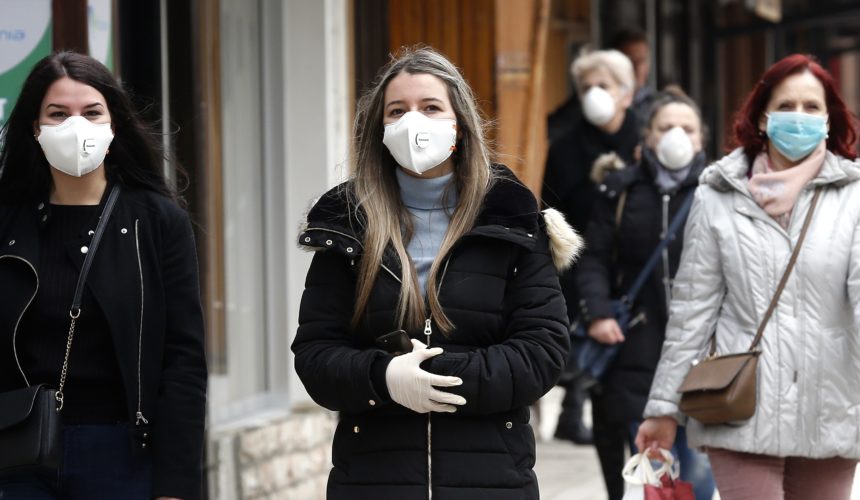
Policy brief: COVID-19 and Women’s Rights
The COVID-19 pandemic has exacerbated existing inequalities, aggravated shortcomings in social, political, and economic systems, and deepened the epidemic’s impact (Headquarters, 2020). Since the spread of COVID-19, data and reports received, have shown that all forms of violence against women and girls, especially domestic violence, are increased. This is the Shadow Pandemic growing amid the COVID-19 crisis (UN, 2020), and the place of women in working life and a society rooted in the national mentality is significant in understanding the Shadow Pandemic.
In developing countries, 70% of women’s employment is included in the informal economy (Headquarters, 2020). Such a high level of informality undermines the policies of states aimed at reducing the economic impact of the pandemic, blocking layoffs and the like during the current period. As a result, in several countries, the first cases of dismissals are observed in services, mainly in the retail and tourism sectors, where female workers predominate (Headquarters, 2020).


